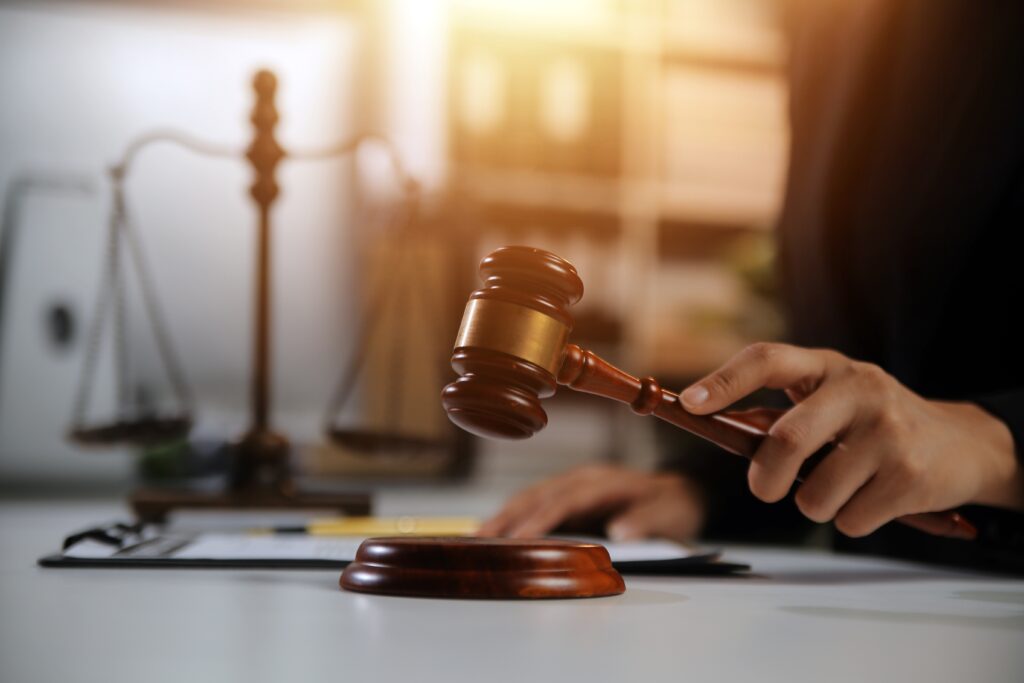South Korea’s constitutional court has dismissed the impeachment of Prime Minister Han Duck-soo, allowing him to return to his role as acting president. This decision follows a period of intense political turmoil that has left the nation deeply divided.
Han Duck-soo Reinstated After Impeachment Reversal
Han first assumed leadership last December after President Yoon Suk-Yeol was suspended and impeached by parliament. Lawmakers accused Yoon of overstepping his authority when he attempted to impose martial law during a time of national unrest.
Han held the acting presidency for only two weeks before he himself was impeached. The National Assembly voted to remove him, citing concerns over his handling of judicial appointments and national governance. Following his impeachment, Deputy Prime Minister Choi Sang-mok temporarily took over as leader.
However, after reviewing the case, the constitutional court ruled seven to one in favor of reinstating Han. The justices found insufficient evidence to justify his removal. Han expressed his gratitude for the decision, stating, “I will work to bring the government to order and ensure stability.”
Political Unrest Continues Amid Power Struggles
Han’s impeachment sparked controversy, particularly because it came at a time of heightened political tensions. While serving as acting president, Han had blocked the appointment of new judges to the constitutional court. This move was widely seen as an effort to prevent the court from solidifying President Yoon’s impeachment.
Opposition lawmakers strongly opposed Han’s decision, arguing that it interfered with the democratic process. In response, they pushed for his impeachment, further deepening the country’s political crisis.
Despite the court’s decision to reinstate Han, public opinion remains divided. Supporters of the ruling argue that Han was unfairly removed and that his return will restore order. Critics, however, see it as a setback for efforts to hold leaders accountable.
Uncertainty Surrounds President Yoon’s Future
Although Han has been reinstated, the fate of President Yoon remains uncertain. Yoon was suspended on December 14, but he remains in office while the constitutional court deliberates on his impeachment.
If the court rules against Yoon’s impeachment, he will return to power immediately. However, if the court upholds parliament’s decision, he will be permanently removed from office. The court has not yet announced when it will issue its final ruling.
In the meantime, tensions continue to escalate. In recent days, hundreds of thousands of South Koreans have taken to the streets in Seoul. Some protesters demand Yoon’s removal, while others call for his reinstatement.
Implications for South Korea’s Political Landscape
The ongoing crisis has highlighted deep divisions within South Korean politics. Many citizens feel disillusioned by the repeated impeachment battles and power struggles. The uncertainty surrounding Yoon’s presidency has also raised concerns about stability and governance in the country.
Internationally, South Korea’s allies are closely watching the situation. The United States and Japan, both key partners, have expressed hope for a swift resolution to the crisis. Political analysts warn that prolonged instability could weaken South Korea’s position on the global stage.
For now, the nation waits anxiously for the constitutional court’s final decision on President Yoon. Until then, Han Duck-soo will continue to lead, working to restore confidence in the government.
As the situation develops, the world will be watching how South Korea navigates this crucial moment in its democratic history.


